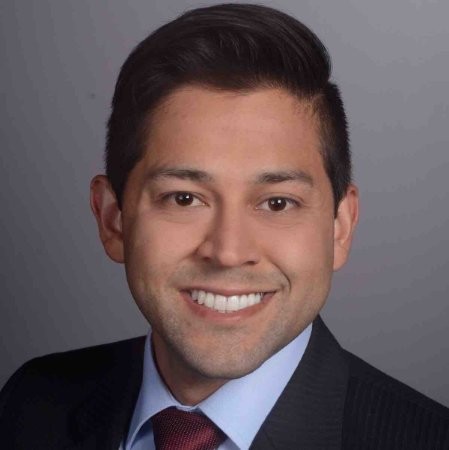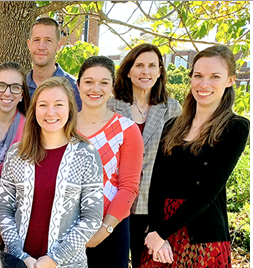D.C. Needs Scientists and They Are Hiring!
By Sesquile Ramon, Ph.D., Director, Science and Regulatory Affairs at Biotechnology Innovation Organization (BIO)
Outside of Washington D.C., lobbying and advocacy can often be misperceived. But what if I told you these professions are helping bring personalized medicines to patients, preventing the spread of disease across the world, and even advancing the uptake of renewable energy in our power grid?
From PhD to MS: A step forward, not backward
Margaret Hill, PhD, MS
I had many great opportunities during my time at University of Rochester. I was able to present my research, my mentor encouraged me to think creatively and forge my own path, and it was exciting — all of — the late nights on the confocal microscope, the high-pressure presentations, the failures, and the successes. The closer I came to deciding I was ready to defend my thesis, however, the more I realized something was missing. I started the process wanting to help those affected by cancer, but it took my PhD training to make me realize that I wanted to help these patients in a more tangible way. Thus, began my search for a career where I could directly interact with patients and their families.
Trying on Industry
By Viktoriya Anokhina, PhD Candidate
Last summer, I had a chance to participate in the Drug Development Conference for Early Career Scientists and Clinicians at Biogen. A week before the Biogen conference, we received a tentative schedule for the meeting. Each day was filled with speakers from Biogen's different departments who would share some science and specifics of their job. Each night, I expected to spend time exploring Boston. Turned out, I was wrong.
Transitioning from Academia to Industry
By Dr. Ninoshka Fernandes, Future Postdoctoral Associate for AbbVie
Summary for Planning Your Transition
- Take the time to determine where you have come from and where you are headed.
- Start early, build your network, do not be afraid to seek advice, and be open to other career options.
- Utilize all your resources and implement your plan, get feedback on your CV and cover letters, and create a strong LinkedIn profile.
- Use any opportunity that you can get to practice discussing your work, learn what works for you and what does not, and improve your skills.
- Everyone is unique so learn to only implement advice that works for you.
*the link above takes you to Dr. Fernandes' full news article.
URBEST Internship Primer
News Article by Tracey Baas, URBEST Executive Director
Almost two years ago, I wrote an article called URBEST Internship Myths. I’d like to think it helped a number of trainees maneuver through setting up their internships. I also know that a number of people are still confused about how to think about URBEST internships, either because they are new to the URBEST Program, their department had a recent turnover of a key program coordinator or director who had previously worked with a URBEST intern (i.e. institutional memory loss), or maybe I haven’t put enough words into print yet. To rectify that situation, I give you The Primer.





